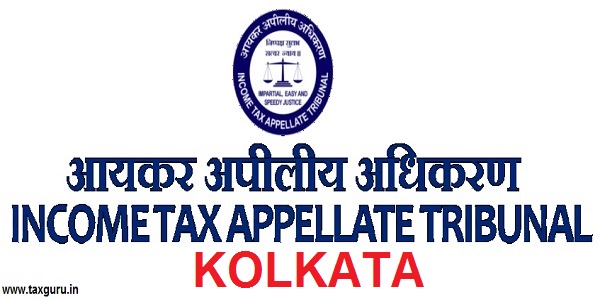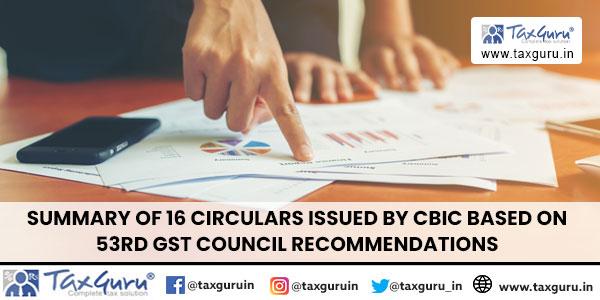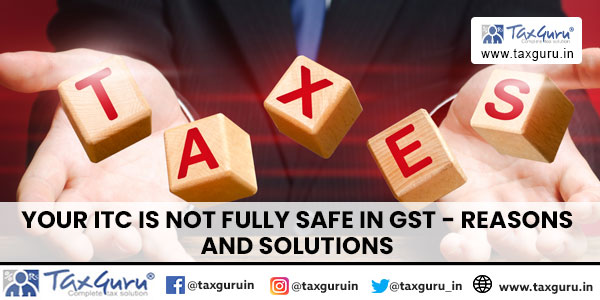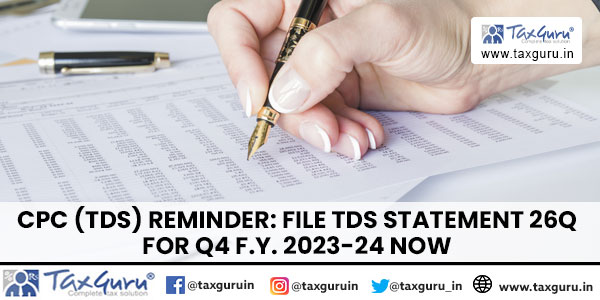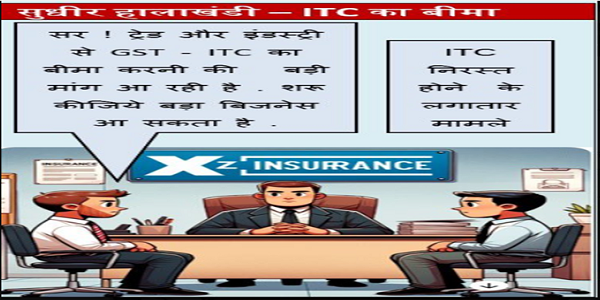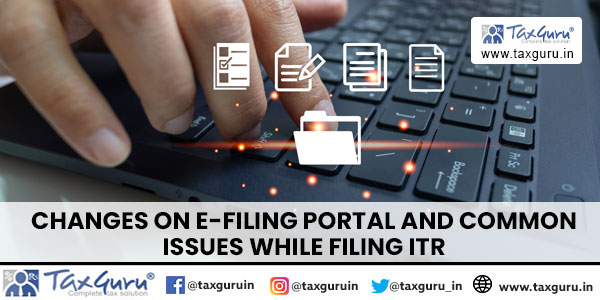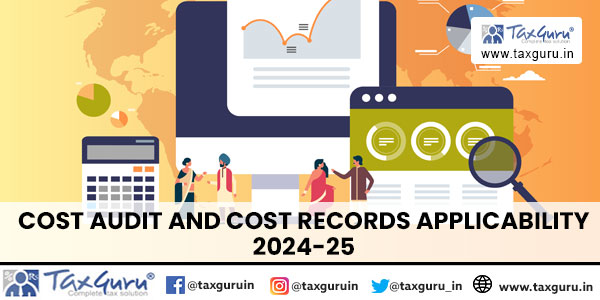Introduction: In the realm of inheritance, understanding the distinctions between a Succession Certificate and Probate is crucial. This article delves into the intricacies of these legal documents, shedding light on their significance in asset distribution after an individual’s demise.
Short Summary: The author will cover the “Difference between Succession Certificate and Probate of Will” in this column. In the event that members of the family approach any financial institution, such as a mutual fund, a demat account, a bank, or a PPF, with the intention of inheriting, they may be requested to provide documents such as a Succession Certificate, a Letter of Administration, or a Probated copy of the Will to verify that the individual in question is qualified to inherit. This can occur even when the individual has a legal will.
Probate:
Probate, as per the definition provided in Section 2(f) of the Indian Succession Act, 1925, is a legal procedure that confirms the authenticity of a deceased individual’s will. A probate is essentially a legal validation of a will’s authenticity and confers upon the executor the power to divide the deceased’s assets in accordance with their stated desires. The legal recognition of this document is of utmost importance in the Indian setting, where the validity of a will may be challenged, making Probate a necessary procedure to ensure the fulfillment of the deceased person’s wishes as stated in their will.
In general, Probate is a legal process by which the court validates a will as the last will of a deceased. It is a copy of the Will certified by a competent Court to the executor of the testator.
Succession Certificate:
A Succession Certificate, under the Indian Succession Act, is a document that gives authority to the person who obtains it to represent the deceased for the purpose of collecting debts and securities due to him or payable in his name.

An individual who acquires movable or immovable property is obligated to provide a Succession Certificate, in accordance with the various property laws of the country. Certain issues are governed by the Hindu Succession Act, while others are governed by the Community Act or the Indian Succession Act. It is necessary to examine issues from both vantage points.
Criteria for Probate and Succession Certificate
|
Criteria |
Probate | Succession Certificate |
| Why is it required? | ||
| Reason | The wills may be falsified, or one heir might challenge the will’s authenticity. In such cases, to ensure the will’s reliability and to vest rights such as disposal and distribution of the property in the executor named in the will or delegated by the court, probate is needed. | A succession certificate is required for movable property such as shares, PFs, bank deposits, loans, or other securities. It is necessary to facilitate the collection of debts on succession and to ensure protection to the parties paying debts to the deceased’s representatives. The successor, holding the succession certificate, is recognized as a trustee for the debts. |
| Function | Probate acts as a legal confirmation of the authenticity of the will and grants the executor the authority to carry out the wishes specified in the will. It helps prevent disputes, challenges, and fraudulent activities related to the will. | The succession certificate establishes the legal heirs of the deceased in cases where there is no valid will. It enables the legal heirs to claim and distribute movable assets of the deceased person, and it also safeguards the interests of parties involved in financial transactions with the deceased. |
| Definition | A legal document confirming the validity of a will and the appointment of the executor. | A legal document that establishes the legal heirs of a deceased person who died intestate (without a will). |
| This process is applicable when the deceased person has left a valid will, and the court validates the will, providing legal authority to the appointed executor for administering the estate. | In cases where there is no valid will, the succession certificate is obtained through a legal process to determine and authenticate the legal heirs and their entitlement to the deceased person’s assets. | |
| Applicability | Applicable when the deceased has left a valid will. | Applicable when the deceased has not left a valid will (intestate succession). |
| The purpose of probate is to validate the will and confirm the appointment of the executor named in the will. | In cases where there is no will, the succession certificate is obtained to establish the legal heirs of the deceased person. | |
| Purpose | To prove the authenticity of the will and provide legal authority to the executor to administer the estate. | To establish the legal heirs and their entitlement to the deceased person’s assets. |
| This legal document ensures that the terms of the will are valid, and the executor has the legal right to carry out the wishes specified in the will, including the distribution of assets. | This certificate is crucial for determining who the rightful heirs are and their entitlement to the deceased person’s assets. It helps in the lawful distribution of the estate among the legal heirs according to the applicable laws of inheritance. | |
| Initiation | Typically initiated by the executor named in the will or any person with a legitimate interest in the estate. | Initiated by any legal heir of the deceased seeking to establish their right to the deceased person’s assets. |
| The executor or interested party initiates the probate process by filing a petition in the probate court, seeking validation of the will and appointment of the executor. | Any legal heir can file a petition in the appropriate court to obtain a succession certificate, providing proof of their status as a legal heir and their entitlement to the assets of the deceased person | |
| Court Involvement | Involves court proceedings, and the court issues the probate after validating the will. | Involves court proceedings, and the court issues the succession certificate after establishing the legal heirs. |
| The probate process typically requires filing a petition in the probate court, and the court examines the validity of the will through legal proceedings. If the court is satisfied, it issues the probate, affirming the authenticity of the will and appointing the executor. | To obtain a succession certificate, a legal heir needs to file a petition in the court. The court, through a legal process, verifies the claimants and their entitlement to the deceased person’s assets. Upon satisfaction, the court issues the succession certificate. | |
| Time Frame | Generally takes time as the court process can be lengthy and involves notice to interested parties. | Typically quicker than probate as it aims to provide a swift resolution for distribution of assets. |
| The probate process often includes court hearings, legal scrutiny of the will, and notifications to interested parties, which can extend the overall duration before the probate is granted. | The succession certificate process is designed to be more straightforward compared to probate, as it mainly involves establishing the legal heirs. The objective is to facilitate a quicker resolution | |
| Validity | The probate is valid proof of the executor’s authority and the will’s authenticity. | The succession certificate is valid proof of the legal heirs’ entitlement to the deceased person’s assets. |
| Scope of Authority | Limited to the assets mentioned in the will and subject to the terms specified. | Extends to all movable and immovable assets of the deceased person. |
| The authority granted through probate is specific to the assets outlined in the will. | The authority granted through a succession certificate covers all the assets of the deceased person, regardless of whether they are mentioned in a will. | |
| Revocation | Once granted, probate is generally not revocable unless obtained through fraud or other legal grounds. | Generally not revocable unless obtained through fraudulent means. |
| Requirement of a Will | Requires a valid will to initiate the process. | Not applicable, as it is used in cases where there is no valid will. |
Conclusion:
There are two other legal documents that deal with the distribution of assets after death: the Probate Certificate and the Succession Certificate. When a legitimate will is in existence, the process of Probate is invoked to verify the will and grant authority to the designated executor to carry out the desires of the decedent. Verifying the validity of the will and safeguarding it from objections or fraudulent actions typically necessitates judicial proceedings, which can add significant time to the process.
When a legitimate will is not available, the next step is to determine who the deceased’s lawful heirs are by requesting a Succession Certificate. It gives legal heirs an easy and quick way to inherit movable assets like stocks, bank accounts, or securities and distributes them as they see fit. Protecting those who have financial dealings with the dead and making it easier to transfer assets are the primary goals of a Succession Certificate.
Probate and Succession Certificates both clarify and organize an estate’s distribution in a legal sense, but they handle the complexities of a valid will (or lack thereof) in different ways. For those negotiating the legal complexities of estate administration, knowing these distinctions is critical for a seamless and legitimate transfer of as
*****
Author – CS Divesh Goyal, GOYAL DIVESH & ASSOCIATES Company Secretary in Practice from Delhi and can be contacted at csdiveshgoyal@gmail.com).






